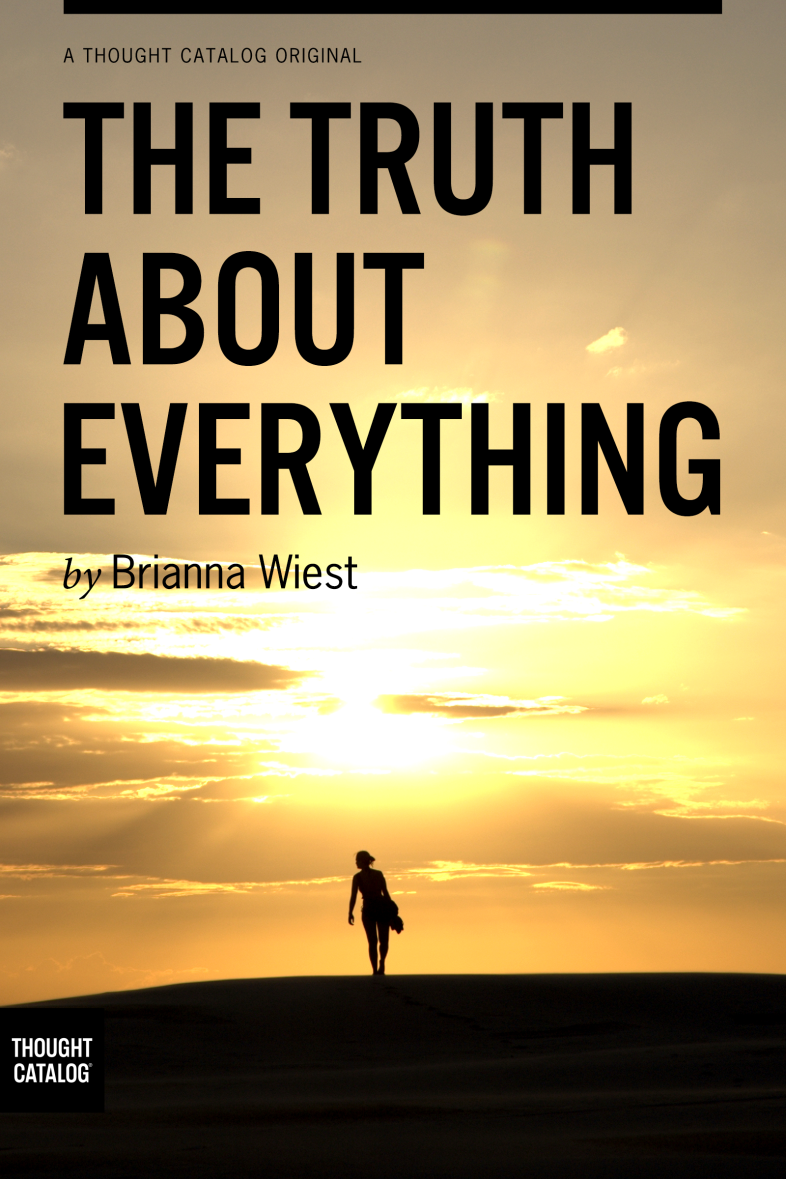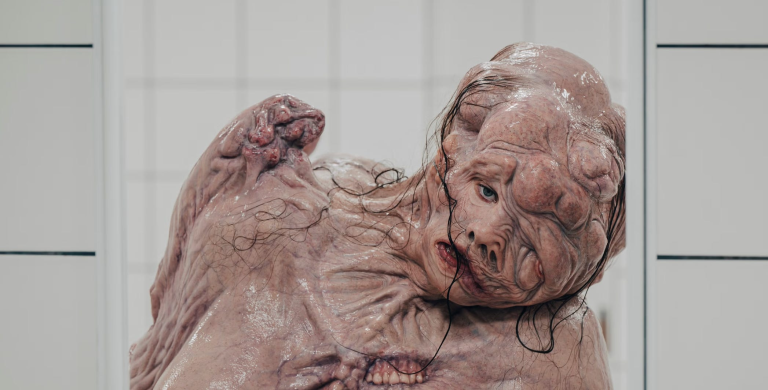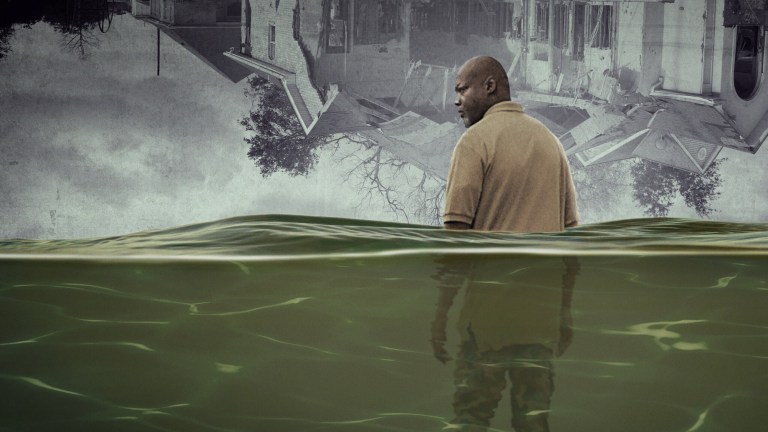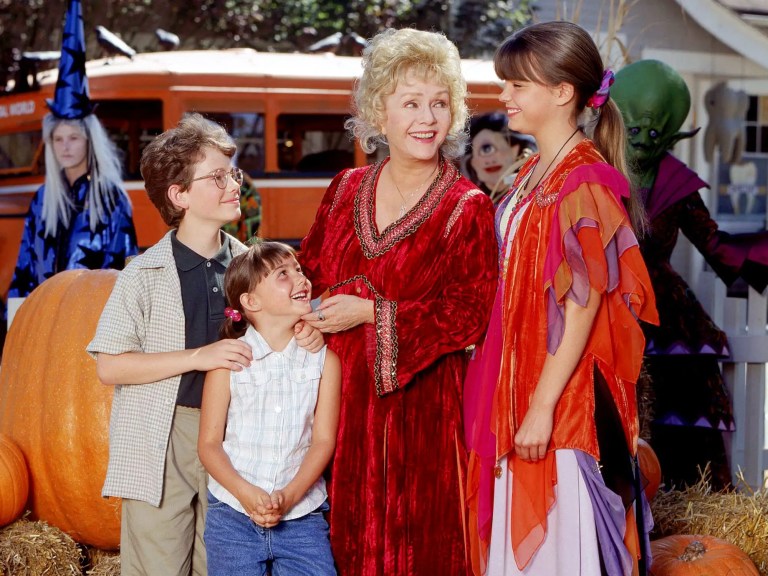
7 Actual Reasons Why Your 20s Are The Most Emotional Time Of Life (It’s Not Just You!)
We no longer strictly follow the milestones what sociologists refer to as the official “transition to adulthood.”
While the fact that your 20s are a time to be a little bit of a hot mess may feel like nothing more than a running joke, there’s actually quite a bit of science and sociology behind why that is. Despite being portrayed (or at least, imagined) as years in which you are young, wild and free, there’s quite a bit of baggage you have when you’re 23…

1. The part of the brain that processes fear develops ahead of the center for “reasoning and executive control,” which leaves us hyper-fearful and with no way to regulate it.
The brain circuit that processes fear, the amygdala, develops ahead of the prefrontal cortex, which is what controls your ability to reason with yourself. What this essentially means is that for a period of time, your brain is literally wired to have an enhanced perception of fear, and an underdeveloped ability to calm or reason with yourself about it.
2. We no longer strictly follow the milestones what sociologists refer to as the official “transition to adulthood.”
We once measured an adolescent’s transition into adult life by five things: completing school, leaving home, becoming financially independent, marrying and having a child. Yet, according to stats from the Census Bureau by the year 2000, fewer than half of adult women and a third of men had all of these accomplished. Basically, to be crass, we have an outdated, ineffective yet subconsciously ingrained understanding of what “adulthood” means, so we perpetually feel like grown up kids.
3. Science says that people are most content once they have a few major life accomplishments under their belts.
This is because what we perceive to be “accomplishments” are essentially just external validations of our identities, and our identities shape the way we perceive and interact with the world. It is for this precise reason that people begin to “settle” more in their 30s – they no longer have a panicked need to chase “success,” or in other words, affirmation.
4. We begin to live beyond the period of life that we had pre-anticipated.
To put it as simply as possible, you begin to enter a part of your life that you hadn’t really been planning for, or hadn’t fully been able to imagine. Worse: if you had imagined it, it likely turned out far different than how you thought. Both of these presumptions lead to a lingering anxiety of wondering whether or not your life is “okay.”
5. Every option is open to us – which is precisely what causes people such intense inner turmoil.
When every option is available (or so we think) nothing seems certain, and uncertainty is the underlying cause of most distress. Having many options about the bigger things in life – where to live, what to pursue, who to be, who to marry – actually makes us generally less content with whatever we choose. We are always under the assumption that better is something we find “out there,” rather than something we cultivate and create.
6. We have yet to find a philosophy, dogma or religious group that resonates with us completely.
The American Psychological Association found that people who join religious groups are essentially much less stressed suffer from far less existential angst, and feel more socially supported. Yet, this does not necessarily hold true unless the individual truly believes in what they subscribe to. It’s the journey of figuring out what that last part is that’s hard.
7. Our identities are changing rapidly.
As beings of reason (ha) it is our personal identities that form the core of whether or not we are content with our lives. Essentially, we love what we see ourselves to be, and in your 20s, your identity is shifting constantly: with each new job, each new city, each new partner, you have to adjust your self-concept. Though, in all fairness, it’s just as difficult to solidify that identity and then want to change it 20 years down the line. ![]()












